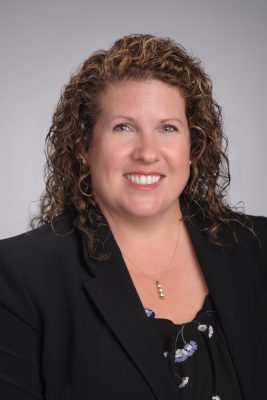Rower Kamile Kralikaite ’24 Embracing ‘Dream Come True’ at Summer Olympics
Being a skilled rower earned Kamile Kralikaite ’24 an athletic scholarship to Syracuse University, where she helped the Orange women’s rowing team claim the first Atlantic Coast Conference (ACC) championship in school history. Her proficiencies on the water also earned…


